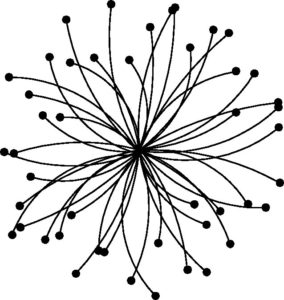Like most meaningful experiences, therapy is what you and I make of it. It’s a place where you are encouraged to bring all parts of yourself. Bringing all of yourself is often a new way of relating, as we learn early on to hide our more shameful selves, parts we’ve learned are unwanted or unwelcome. In psychotherapy, we learn to make room for those cutoff, vulnerable parts to show up.
In our work together, you can expect to explore themes in your life, beginning with your initial reason for pursuing treatment. While we will work to alleviate your immediate distress and find solutions that respond to your pain and suffering, our greater shared goal is to create lasting change. In depth-oriented psychotherapy, you can expect us to explore your most recent experiences in the world, but also your past. Our earliest experiences and relationships shape who we are in the world—how we make sense of ourselves, how we regulate our emotional experiences, what we anticipate will happen to us, how we relate to others. The relationship between you and I will also be informed by these experiences and expectations. And so we will use our understanding of each other to make sense of it all and to build and develop the changes you want to have and experience. Truly, the best part of psychotherapy is learning to be part of a relationship that encourages you to experience yourself fully.
This way of practicing psychotherapy is informed by well studied, agreed upon theories of development and change including attachment theory, affect regulation theory, and dialectical behavioral therapy.

